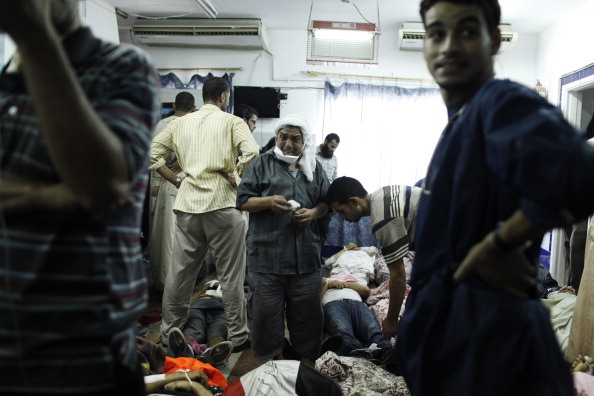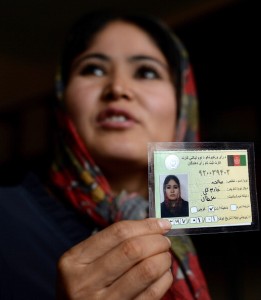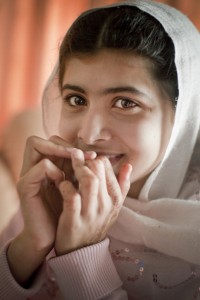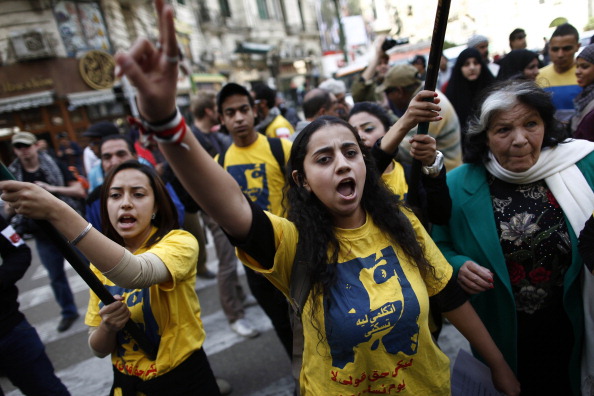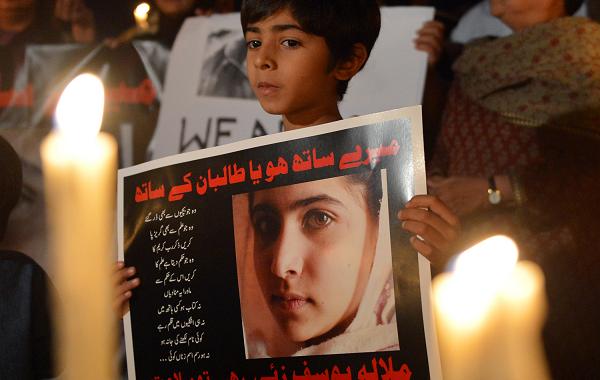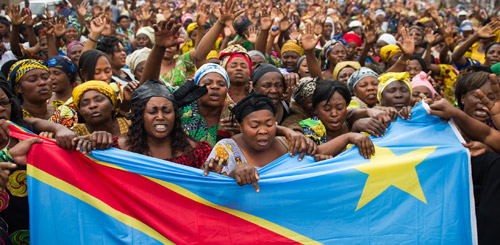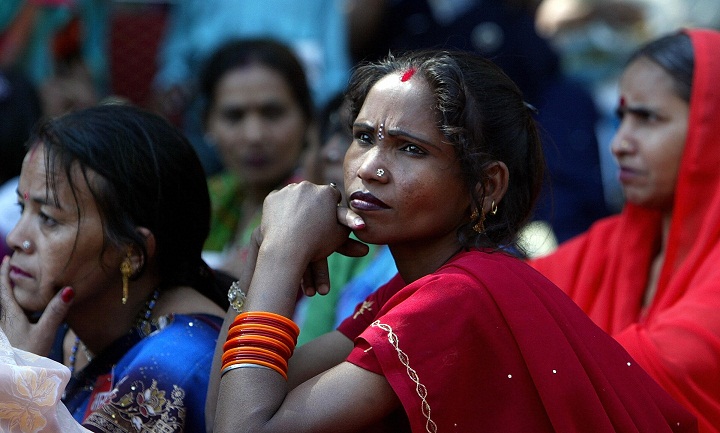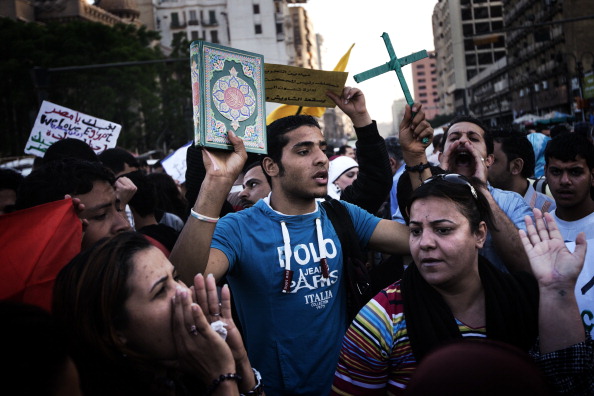
Hundreds of Egyptians from different political parties and religions march towards St. Mark’s Coptic Orthodox Cathedral in Abbasya to denounce sectarian violence and the Egyptian government on April 9, 2013 in Cairo (Photo Credit: Gianluigi Guercia/AFP/Getty Images).
By Diana Eltahawy, Amnesty International’s Egypt Researcher
Tension is palpable in Cairo’s eerily empty streets. The night-time curfew imposed last Wednesday following the violent dispersal of pro-Morsi sit-ins has transformed the buzzing metropolis into a near ghost town.
The atmosphere is strikingly different from when a curfew was imposed after January 28, 2011, the bloodiest day of the “January 25 Revolution.” That curfew was largely ignored, not only by protesters in Tahrir Square, but also by regular Cairo residents. Today, most stores, restaurants, and cafés close their doors at dusk.
